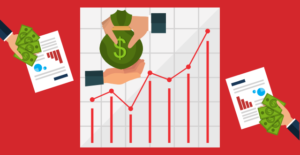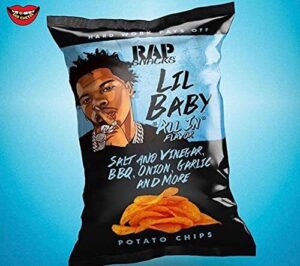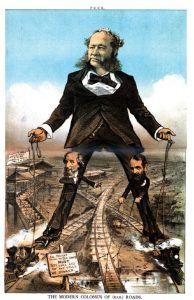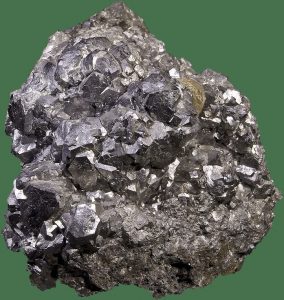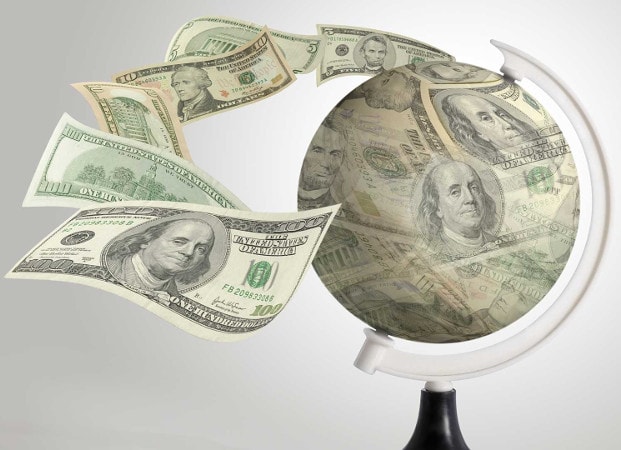I’ve written about the dangers associated with increased gambling availability for problem gamblers but what about non-problem gamblers? My prior points, along with the many articles proliferating throughout media outlets, focus on the issue of gambling addiction.
I was reading yet another article on the rising problem and something else occurred to me. I wonder what the long-term effect of gambling has on non-problem gamblers. The general let’s have a good time gambling within my means sort of person.
Non-Problem Gamblers Loss of Savings
The gambling industry in the United States rakes in billions of dollars. Prior to the recent Supreme Court decision, such gambling outlets were restricted to a few physical locations. Now there is online gambling pretty much everywhere. Anyone can place a bet at any time on just about anything.
People associated with the industry point out the low rate of problem gamblers compared to the total number playing. This is a relatively good point and in line with my Libertarian philosophy. Should we punish all the non-problem gamblers because a few, estimated anywhere from about 2% to 10% depending on your source, have a problem?
My question is how much of an issue is it for the non-problem gamblers and for the rest of us in society. Basically, the non-problem gamblers tend to be young men who have jobs and have disposable income.
My speculation is that these non-problem gamblers are investing their savings not in stocks, bonds, interest bearing accounts, property, and other such accounts but simply pouring it into the hands of the gambling websites.
This voluntary wealth transfer means an enormous loss if you have a knowledge of compound interest.
Let’s just say a young man is a non-problem gambler and spends about fifty percent of his disposable income on gambling instead of investments. So, instead of saving x per month the person saves half of that. The resulting loss, depending upon interest rates, is hundreds of thousands of dollars over the course of a lifetime of earning.
Hundreds of thousands of dollars for millions of people is, as you can well imagine, a lot of money.
What this Loss Means
What does the loss of all this money mean? I’m not completely sure. Certainly, the gambling companies make this money and they spend it; but the loss of savings is a delayed effect that doesn’t really hit until the non-problem gambler ages. Then it means a lot. There is less money to spend for dining out, traveling, gifts, helping children and grandchildren with their own finances.
My point here is the hidden costs involved in the proliferation of gambling. I’m not well-versed enough in economics to guess the total effect of these factors but I suspect it might be far greater than the impact problem gamblers.
What do you think?
Tom Liberman



